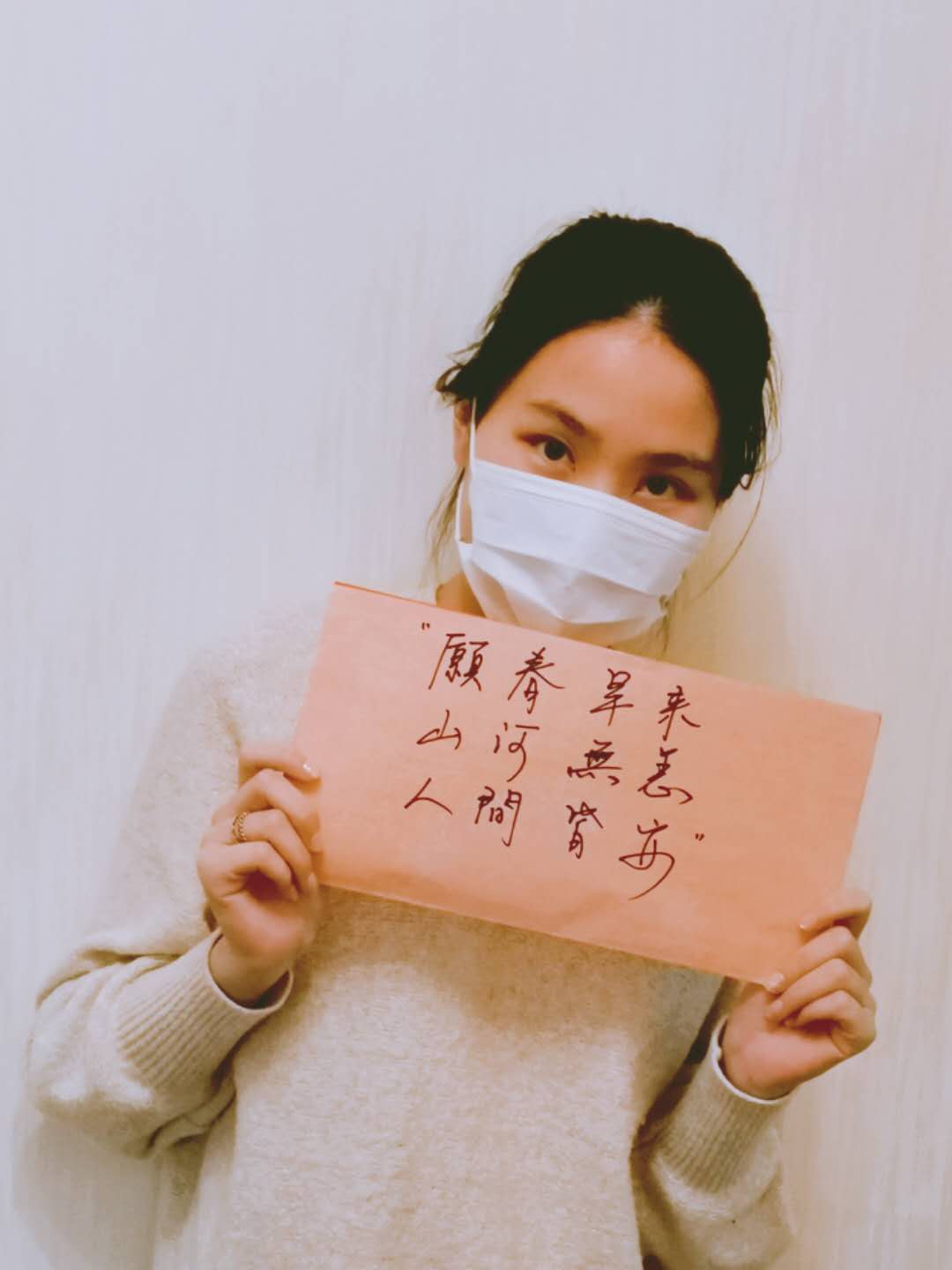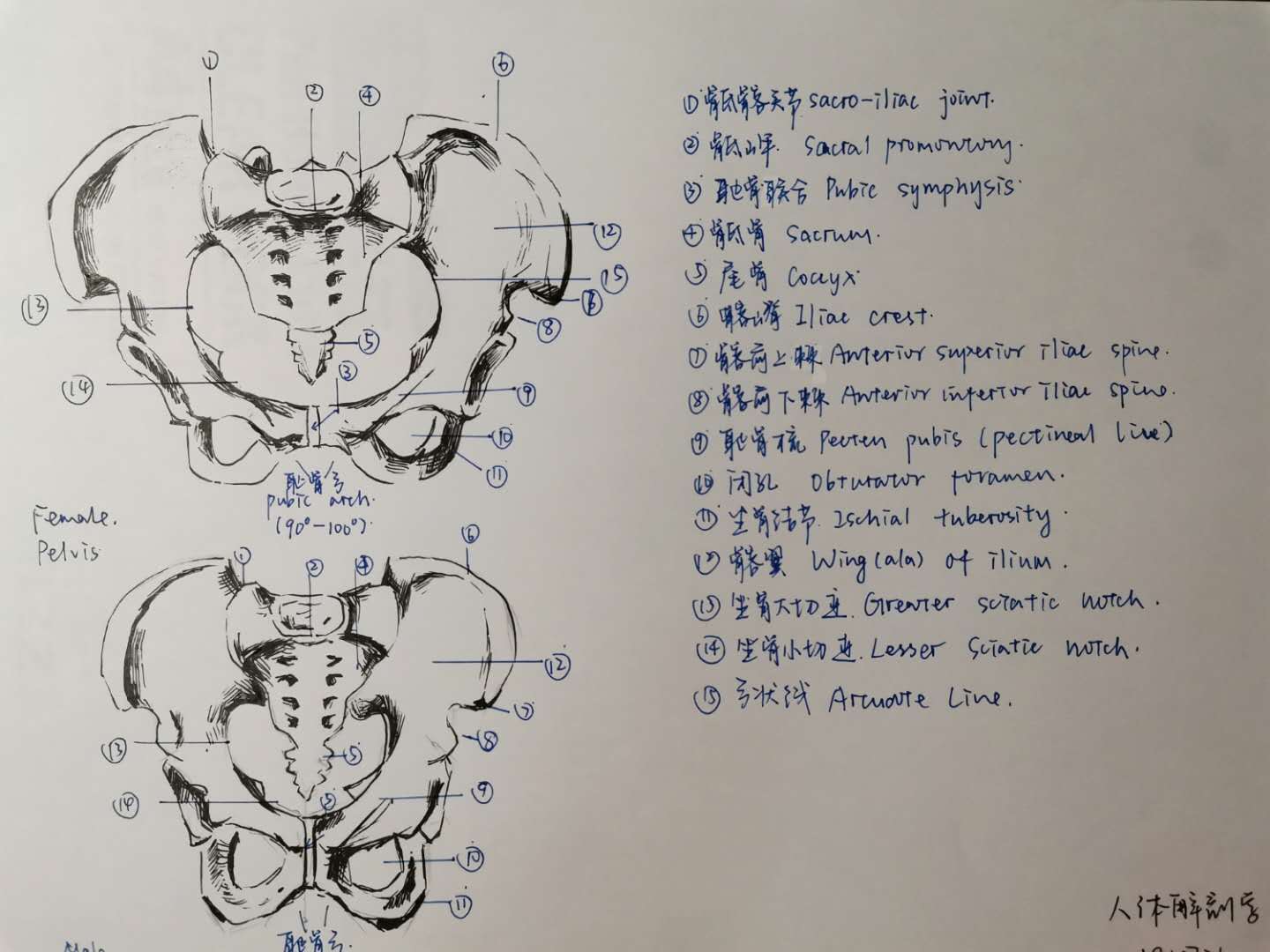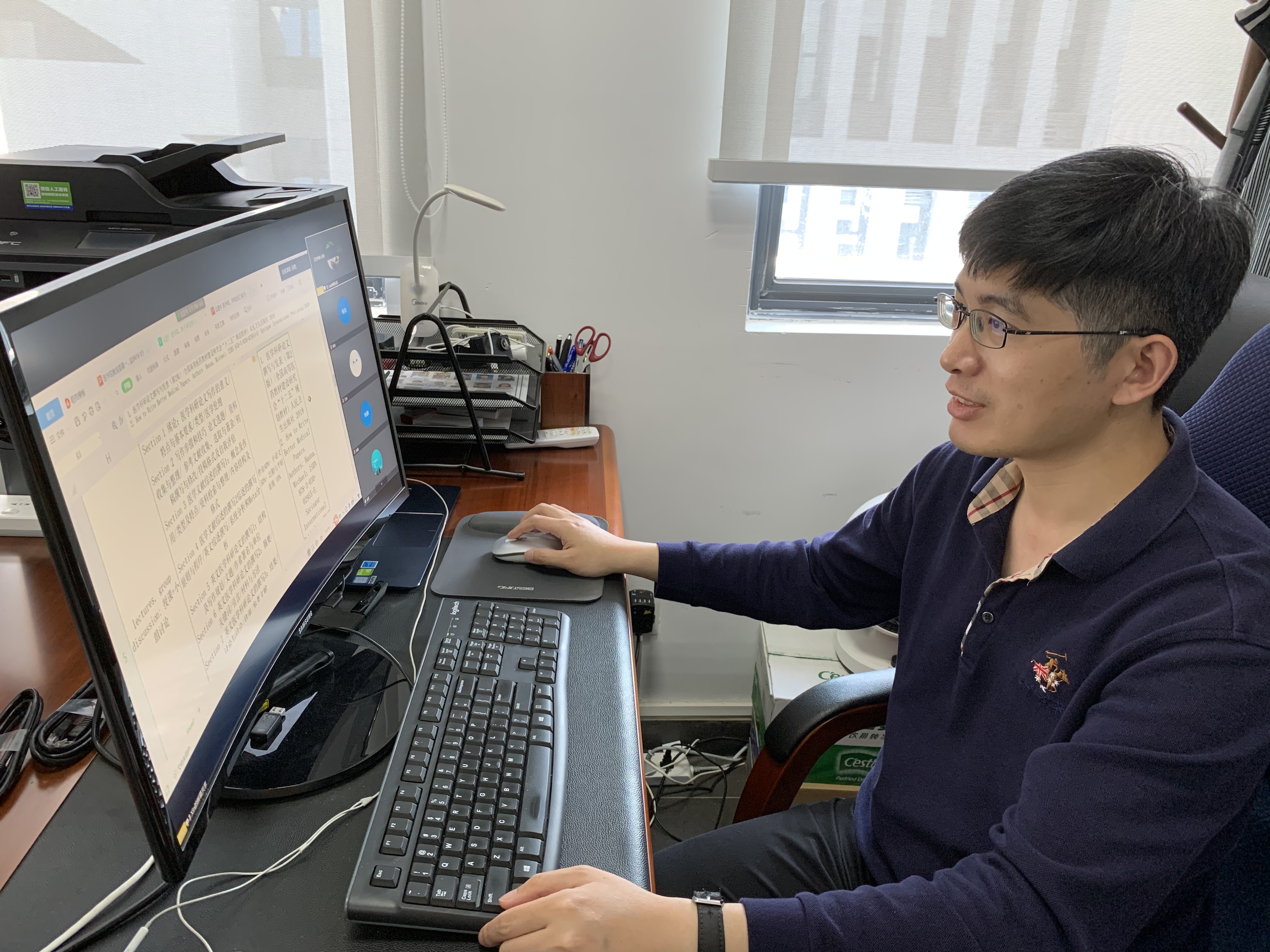As SUSTech adapts to the novel coronavirus (COVID-19) outbreak, the international community had to adjust to teaching and taking classes online. With our international faculty and teaching staff returning to SUSTech to undergo their 14 days of self-isolation or quarantine, while others remain in their home countries, we spoke to a few of them to see how they are dealing with teaching in this new learning paradigm.
In this challenging time facing the world, medical students around the world have been placed in a unique position. They need to keep an eye on the world around them, while also preparing for their future careers. As a young woman taking her first steps as a physician-scientist, Ziyi YIN (’22) is now facing challenges that few would have imagined this time last year.

Ziyi YIN is a sophomore who joined the School of Medicine at the beginning of the 2019 academic year. Hailing from the city of Fuzhou in Fujian Province, Ziyi spoke to us about continuing her clinical medicine education, and what COVID-19 has meant for her future.
Medical students take three different types of classes during their average week. They sit in lectures, conduct experiments in laboratories, and participate in clinical clerkships. The last two cannot be replicated in a virtual environment, as opposed to lectures. Learning practical and clinical skills is not a matter of rote memorization. Clinical clerkships are an opportunity to practice doctor-patient communication and other fundamental clinical skills. This set of skills is at the core of any doctor’s interactions with their patients.
People remember good doctors who are known for their”bedside manner” This term describes a doctor’s approach or attitude towards their patients, even at times of high stress. It is often used to describe how the doctor talks to the patient to understand their symptoms and help them understand what is going to happen. The combination of high-quality communication that builds on the clinical skills developed through listening to patients builds on what they learn in their lectures.
Despite being away from her supervising clinician, Ziyi has been a voracious consumer of news media that covers the heroic efforts of medical workers across the nation fighting against COVID-19. She has integrated her knowledge into what she learns from her textbooks and her online lectures to understand the essential principles of asking a question of a patient in the right way.
Her young sister has assisted her studies by being a “model patient,” so Ziyi can follow the videos sent by her professors. These videos have allowed her to practice essential medical practices like checking blood pressure, measuring heart rate, and assessing the health of the lungs.
The Blackboard teaching platform has been a vital place for Ziyi and her classmates to collect information about the classes and assessments. The medical immunology class has a forum (or a BBS) where the students gather to discuss issues that challenged them in specific lessons. The professor regularly joins the forum to help students with their understanding. For microbiology, students give group presentations and shared dissertations via video recordings. Students use QQ (an instant messaging service) to polish presentations before they go to the larger class. Ziyi pointed out that even though all the students are scattered across the country, they are not alone. They are still sharing and cooperating, just as they would if they were on campus.
Looking over the COVID-19 epidemic, Ziyi has thought more about her mission in life. “Health entrusted, Lives confided,” was the oath she swore on becoming a medical student, and it marks the doctrine that directs her path to the future. At first, she thought that confide referred to the doctor-patient relationship and the fundamental trust between the two. Having gone through the COVID-19 epidemic, she believes that this trust could evolve into a larger and more complex relationship, in which doctors work on the same side as their patients.
A doctor’s mission is not only the elimination of pain but also the use of ten years of their lives to grind a sword of superior medical expertise for the well-being of society. As Dr. Edward Livingston Trudeau said in his failed endeavor to save tuberculosis patients at Adirondack Cottage Sanitorium, “To cure sometimes, to relieve often, to comfort always.”
Tips for online learning:

Ziyi YIN: In my opinion, the most important thing is attitude. Schedule your time properly and study as if you were studying on campus. When it comes to online lectures, I record the lectures and summarize what they said in my notes after class as soon as possible.
I also find it important to manage my own education. I prefer to read the textbook, rather than relying on the slides provided by the instructors. This extra reading improves my comprehension of the subjects.
Tips for online teaching

Professor Liang YANG (Medical Microbiology): Online teaching is a modern trend for schools and professional education institutes. The emergence of online teaching platforms offers excellent flexibility for learners at different locations, ages, and educational backgrounds. The world’s leading universities, such as Stanford and MIT, started online learning courses a long time ago. I think online teaching should be included as an essential part of each university. The students could have better planning for their everyday life with the help of online learning. One challenge for teachers employing online teaching is to engage students for active communication during the online learning process and give proper online evaluation tests to them.
Proofread ByChris Edwards, Yingying XIA
Photo ByZiyi YIN, School of Medicine